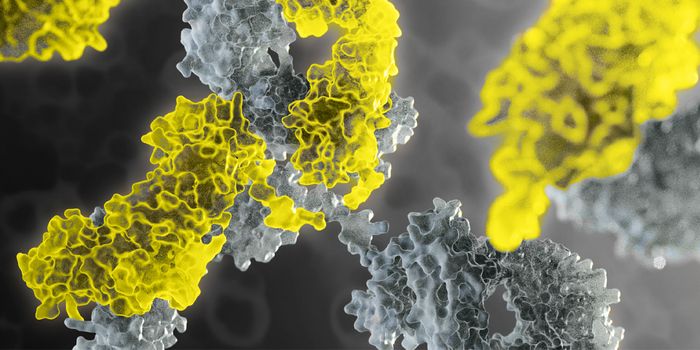Exercise Helps Breast Cancer Survivors Sleep Better
Many people who are cancer patients or survivors experience difficulty sleeping, and breast cancer survivors are no exception. Sleep difficulties and disorders can develop when circadian rhythms are disrupted and the immune and metabolic systems are deregulated during treatment. Most patients undergoing chemotherapy experience some degree of disturbed sleep and almost 60 percent of them go on to have chronic sleep difficulties. In turn, poor sleep quality is tied to a variety of risks to a person’s health and well-being. A new study from the University of Alabama at Birmingham (UAB) finds that an aerobic exercise routine can significantly improve the sleep quality of breast cancer survivors.
Breast cancer is the uncontrolled growth of breast cells into malignant tumors, caused by gene mutations. It is the most common cancer for women worldwide and affects men as well. Dr. Laura Q. Rogers of the UAB Department of Nutrition Sciences and her team set out to explore and measure whether Better Exercise Adherence after Treatment for Cancer (BEAT, or BEAT Cancer) could help breast cancer survivors to achieve better rest and reduced sleep dysfunction. Rogers et al. carried out a randomized three-month BEAT intervention with 222 post-primary treatment breast cancer survivors.
"A physical activity intervention significantly reduced perceived global sleep dysfunction at three and six months, primarily because of improvements in sleep quality aspects not detected with accelerometer," the authors of the study express (an accelerometer tracks body movement during sleep).
Compared with the group receiving standard care, the BEAT participants experienced an improvement in global sleep quality based on the Pittsburgh Sleep Quality Index (PSQI). The PSQI is a self-reporting sleep quality questionnaire. It focuses on seven components and typically takes under 15 minutes to complete. The participants in the trial who were already classified as “good sleepers” experienced a nonsignificant increase in sleep quality.
The authors write that prior to this study, “Purpose Data from large randomized controlled trials confirming sleep quality improvements with aerobic physical activity have heretofore been lacking for post–primary treatment breast cancer survivors.”
Only 5-10 percent of breast cancers are caused by an abnormality inherited from a patient’s parents. The remaining cases of the disease occur due to genetic abnormalities “that happen as a result of the aging process and the ‘wear and tear’ of life in general,” according to BreastCancer.org. Approximately 1 in 8 women in the U.S. will develop invasive breast cancer during her lifetime. Close to 1.7 million new cases were diagnosed around the world in 2012.
“Physical Activity and Sleep Quality in Breast Cancer Survivors: A Randomized Trial,” was published in Medicine & Science in Sports & Exercise in October 2017.









